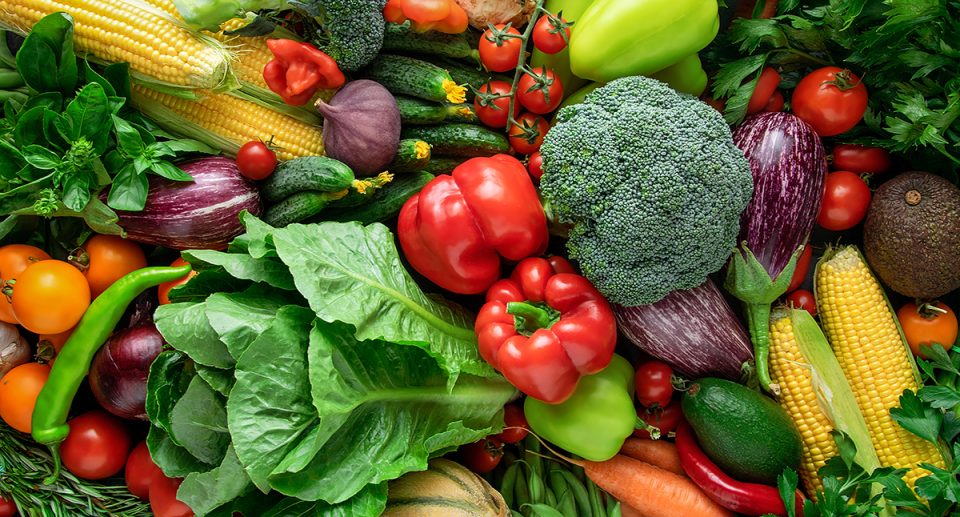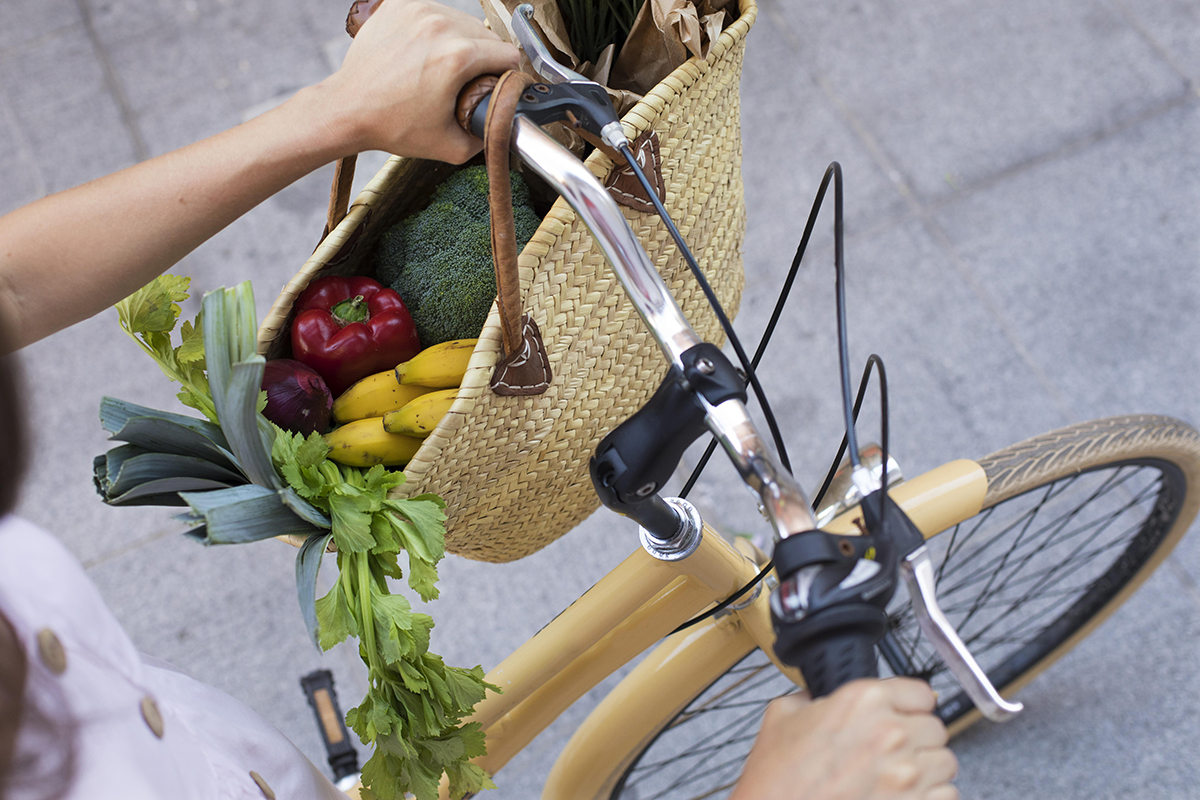The 5 healthiest alcoholic drinks you can consume

Alcohol is often regarded as one of the most unhealthy consumables for humans, and those who hold this view are not mistaken. Exceeding the recommended daily intake can lead to a multitude of physical effects, such as heart disease and stroke. Additionally, regular drinking can elevate the risk of long-term mental health issues and contribute to weight gain.
However, it’s essential to recognize that some alcoholic beverages are comparatively better choices than others. Being aware of these options can aid in making more informed decisions when selecting what to drink, especially if you wish to avoid hindering your weight loss efforts or compromising your overall health.
Surprisingly, certain alcoholic drinks, when consumed in moderation, may even offer some health benefits. Explore the possibilities and make mindful choices!

01. Red wine
Red wine, when consumed in moderation, has been considered a favorable alcoholic beverage. It contains antioxidants that are beneficial in preventing coronary artery disease. Furthermore, red wine has fewer additives compared to other alcoholic drinks, making it less taxing on the liver.
Pinot noir is often regarded by wine experts as the healthiest red wine due to its rich concentration of resveratrol. Additionally, this wine variety contains fewer calories compared to other red wines and is less likely to cause heartburn, mainly because of its relatively low tannin content.
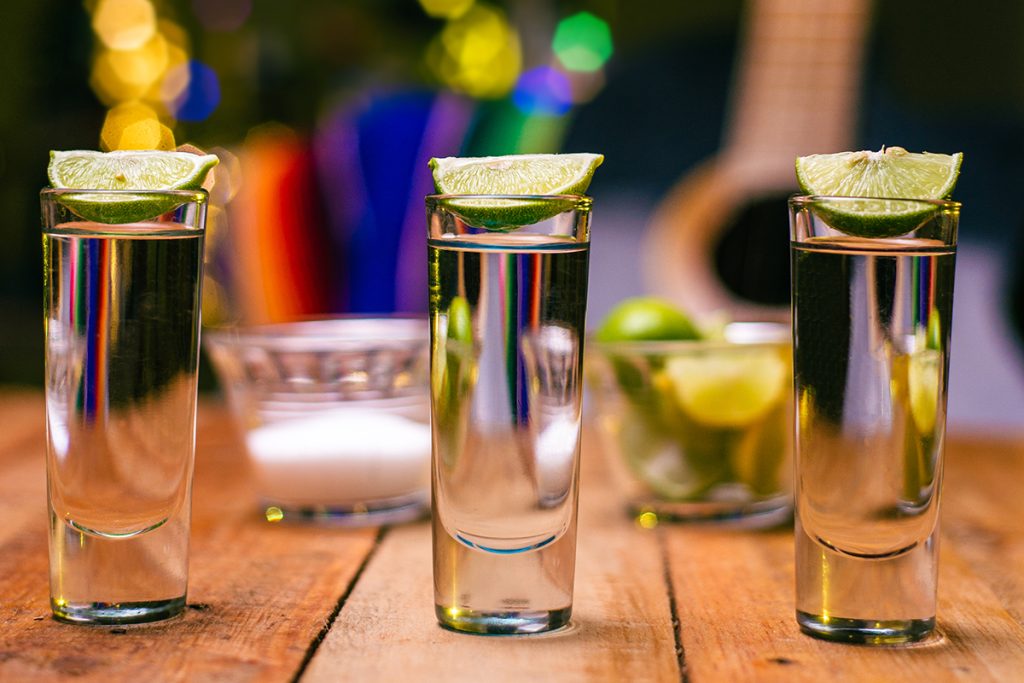
02. Tequila
According to experts, tequila offers potential health benefits. It can enhance calcium absorption and contribute to better bone health. Moreover, tequila is low in calories (only 97 calories per shot!) and sugar, making it easily metabolized by the body. Additionally, the presence of agave in tequila is believed to have a positive impact on glucose levels, making it potentially beneficial for individuals with diabetes.
Blanco or silver tequila labeled as ‘100 percent agave’ is considered the purest and healthiest type of tequila.
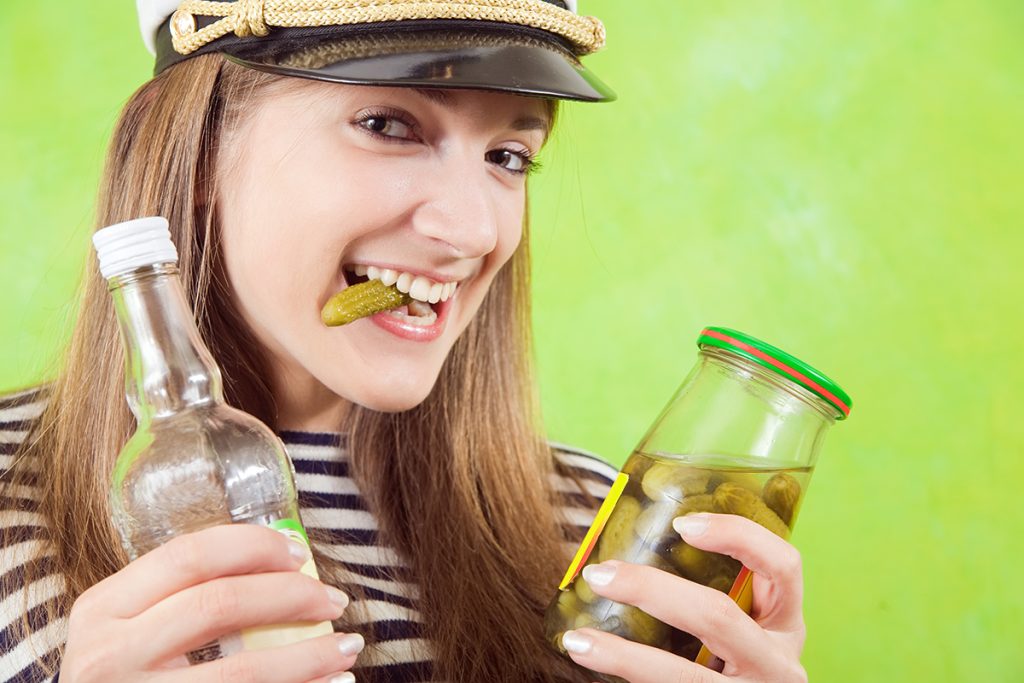
03. Vodka
Vodka is another low-calorie alcoholic option, containing approximately 90 calories per shot. Moreover, it has been demonstrated to promote improved blood flow and circulation, which may help in preventing clots, strokes, and other heart-related ailments.
To further manage calorie and sugar intake, consider pairing vodka with soda water or diet lemonade, and you’re all set! However, exercise caution when adding vodka to mixers, as many mixers are often high in sugar content.
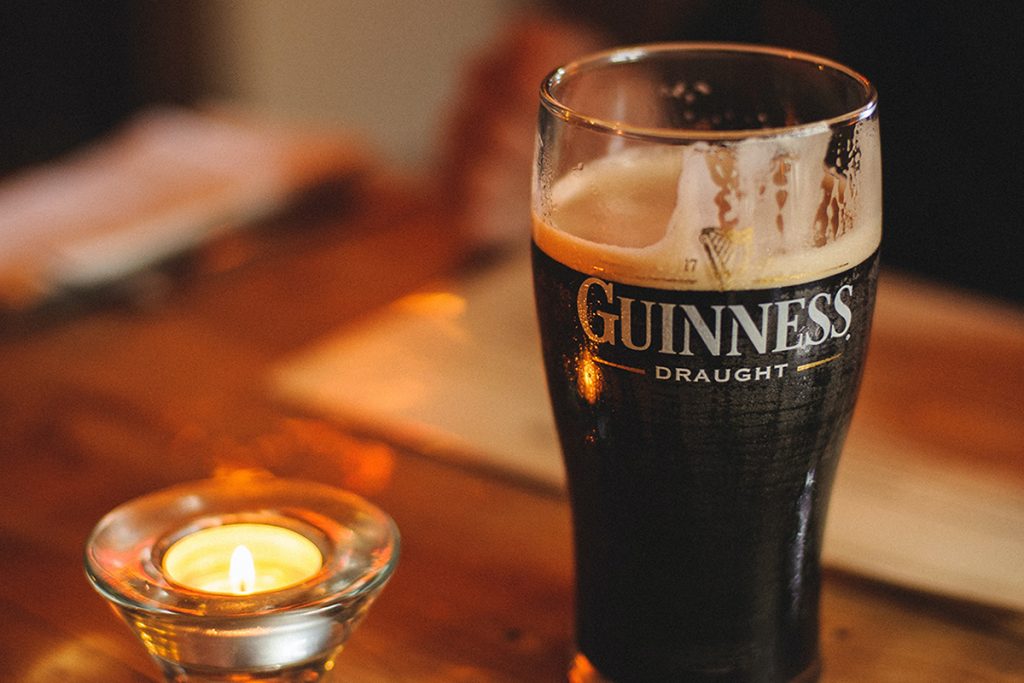
04. Stout
Crafted from roasted barley, stout contains prebiotics that nourish our beneficial gut bacteria. Enjoying a glass of stout provides a diverse array of vitamins and minerals, including iron and silicon. Additionally, the plant compounds found in this drink may contribute to balancing oestrogen levels.
Guinness Extra Stout (GES) is considered one of the lower strength beers, and it consistently ranks high on various health measures in multiple studies.
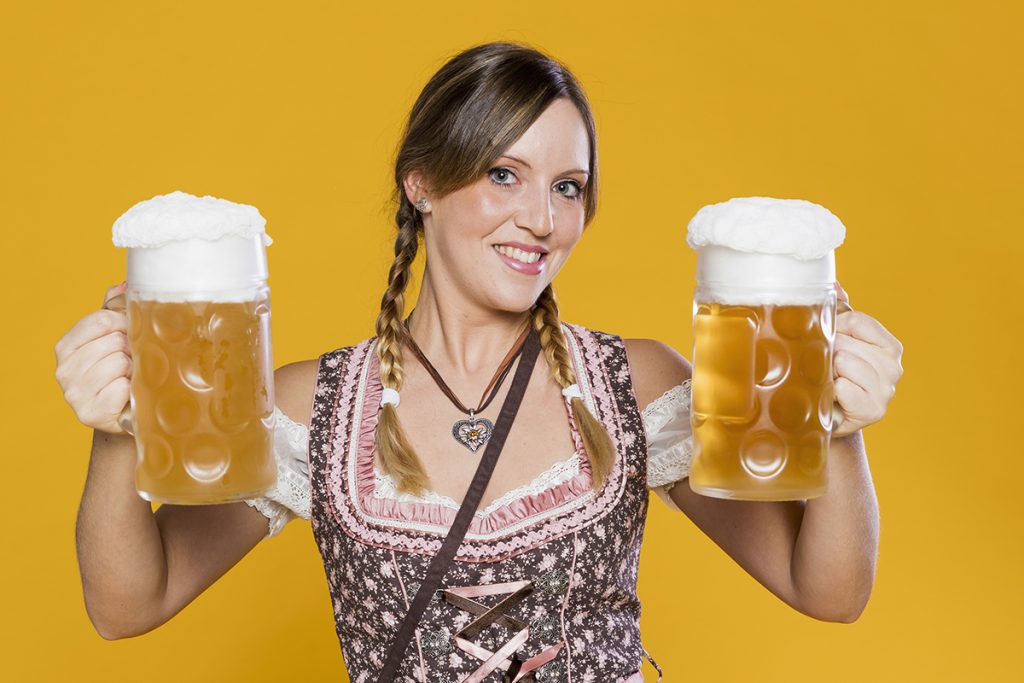
05. Light beer
Light beers are a rich source of various B vitamins, and a single bottle is known to offer more calcium, magnesium, and selenium compared to a serving of wine. Opting for low-calorie and light beers is a healthier choice since they typically contain more water than standard beers, resulting in reduced alcohol content.
Drinking beers with an alcohol volume of 4% is generally recommended. They only provide approximately 100 calories per serving.
7 Top tips for staying safe if you plan to drink
While some experts suggest that no amount of alcohol can be deemed entirely safe, adopting ‘safe drinking’ practices can help minimize potential harm. Follow these guidelines to ensure safer alcohol consumption::
- Be mindful of both the amount of alcohol you are consuming and the recommended limits.
- Consume food before and during drinking sessions to help moderate the effects.
- Keep track of the number of drinks you have had.
- Pace yourself by alternating with alcohol-free beverages.
- Avoid engaging in drinking games or taking shots.
- Never drink and drive.
- Politely decline if you find yourself in situations where drinking is not suitable or safe for you.






